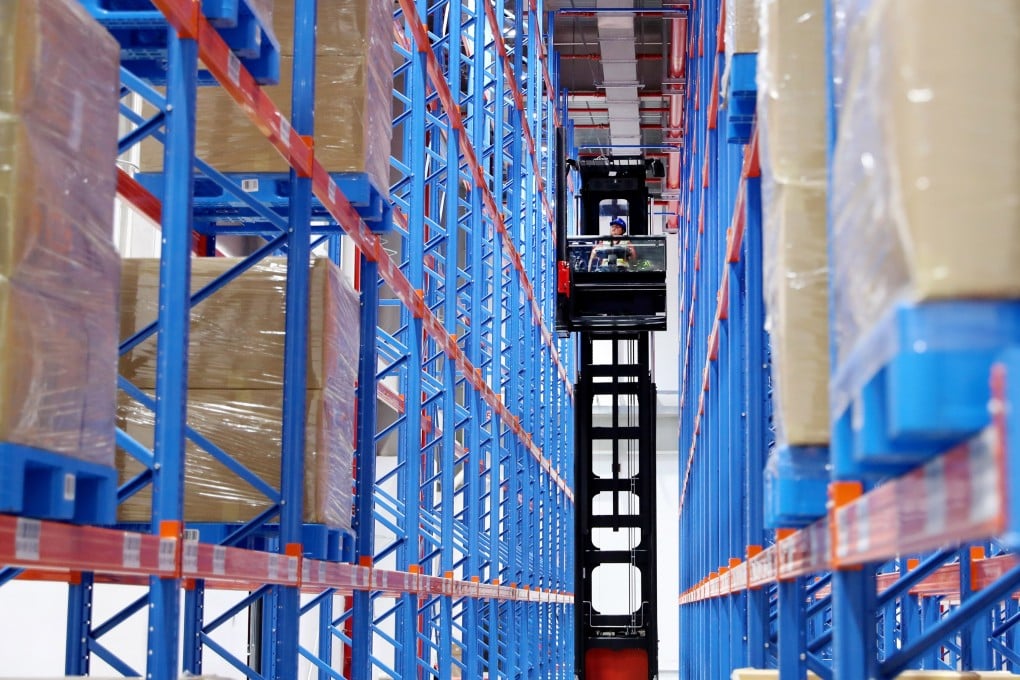Advertisement
Opinion | Why economic decoupling to contain or punish China is doomed to fail
- Economic decoupling is neither new nor radical. Rather, it represents the march of companies seeking new markets and optimising costs, while minimising the likelihood of disruption
- China is simply too big a market and too integrated into the global economy to be contained or cut off
Reading Time:4 minutes
Why you can trust SCMP

Not a week goes by without a report about Western companies moving their operations out of China. Such reports mischaracterise the phenomenon as something new and unexpected, fuelled largely by the politics of great-power rivalry. In truth, and as usual, things are a little more complicated.
Reconfiguring supply chains away from one market or another is part of a longer-term trend underpinned by textbook forces of supply and demand, and the need for companies to hedge risks. This makes for dull reading, as it lacks conflict and does not portend an unprecedented or hugely disruptive unravelling of the global order, and thus life as we know it, so commentators barely bother to wade into the details.
But as big Asian economies developed their own large consumer classes, multinational companies have moved production closer to these customers. Wages in China have also steadily risen, undercutting its attractiveness as a low-cost manufacturing base.
Advertisement
Trump’s trade war and the impact of Covid-19 shutdowns have accelerated these trends, making it easier to present them as part of a new cold war.
Trump’s trade war put political risk front and centre for strategic sourcing decisions, while Covid-19 showed how China had become the sole or major source of supply for many critical inputs, exposing supply chain vulnerabilities that nobody had given much thought to during the decades-long drive to maximise efficiency.

04:58
Can globalisation survive coronavirus or will the pandemic kill it?
Can globalisation survive coronavirus or will the pandemic kill it?
To separate long-term economic trends from short-term political posturing, business leaders and politicians need to consider three questions. First, what risks or vulnerabilities need to be addressed through supply-chain reconfiguration?
Advertisement
Select Voice
Choose your listening speed
Get through articles 2x faster
1.25x
250 WPM
Slow
Average
Fast
1.25x
